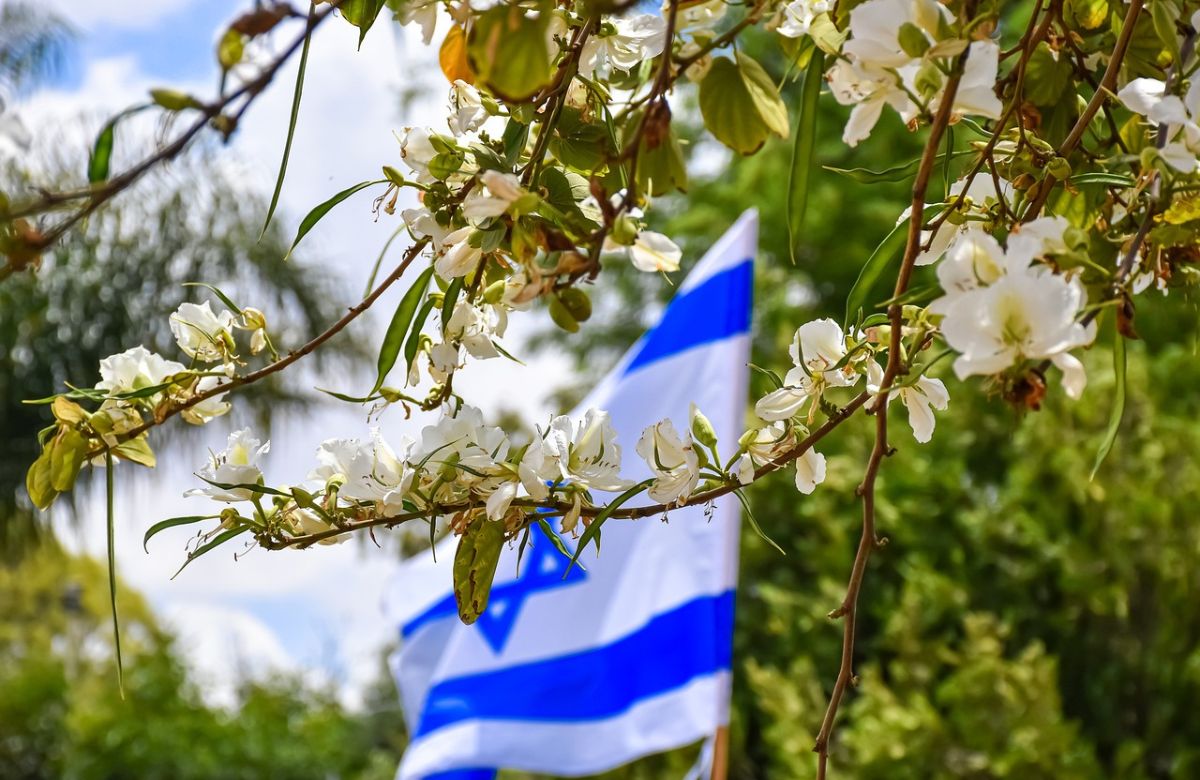Religion in Israel: A mosaic of faith and tradition
Religion in Israel: Israel, a country with a millennia-old history and rich culture, is also a mosaic of faith and tradition in constant transformation. A religion permeates people's daily lives and is present in various aspects of social, cultural and political life. In this article, we will explore the main religions practiced in Israel, their characteristics, their impact on society and how they adapt to changes in the contemporary world.
Judaism - The ancient faith in constant evolution
Roots and history:
- Judaismwith over 4,000 years of history, is the oldest monotheistic religion in the world and the basis of Israel's national identity.
- The Torah, the first five books of Bible Hebrew, is the fundamental text of Judaism and guides Jewish life in all its aspects.
- The main strands of Judaism in Israel are Orthodox Judaism, Conservative Judaism and Reform Judaism, each with their own interpretations and practices of the faith.
Changing practices and customs:
- Shabbat, the Jewish day of rest, is celebrated from Friday night to Saturday night and is marked by prayers, special meals, rest and, increasingly, leisure and cultural activities.
- The main Jewish festivals include Rosh Hashanah (New Year), Yom Kippur (Day of Forgiveness), Sukkot (Feast of Tabernacles), Hanukkah (Feast of Lights) and Purim (Feast of Fortunes), which have taken on new guises over time, incorporating elements of modern culture.
- The most important holy sites for Judaism in Israel include the Wailing Wall, the Esplanade of the Mosques and the Temple Mount, which have become symbols of faith and territorial claims.
Challenges and prospects for the future:
- Judaism in Israel faces challenges such as secularization, the growth of non-Orthodox branches and the conflict with the Palestinians.
- Despite the challenges, Israeli Judaism is constantly evolving, seeking to adapt to changes in the contemporary world and find new ways of expressing its faith and identity.
Islam - Faith in Allah in search of dialog
Changing presence and customs:
- O Islam is the second largest religion in Israel, with around 20% of the population identifying as Muslim.
- The majority of Muslims in Israel are Sunni Arabs, but there are also minorities of Shiite and Druze Muslims, each with their own particularities and traditions.
- Ramadan, the holy month of Islam, is a period of fasting, prayerand, increasingly, fraternization and social action.
- The main sites sacred to Islam in Israel include the Al-Aqsa Mosque and the Dome of the Rock, located on the Esplanade of the Mosques, which have become symbols of faith and political vindication.
Challenges and prospects for the future:
- Islam in Israel faces challenges such as discrimination, poverty and conflict with Israelis.
- Despite the challenges, Israeli Muslims are seeking ways of dialoguing and coexisting with other religious groups, through interfaith initiatives and social projects.
Christianity - Faith in Jesus in search of renewal
Changing diversity and pilgrimage:
- Christianity, with around 2% of the population, is the third largest religion in Israel.
- The main strands of Christianity in Israel are Orthodox Christianity, Catholicism and Protestantism, each with its own specific beliefs and practices.
- The most important holy sites for Christianity in Israel include the Church of the Saint Sepulcher, the Via Dolorosa and the Sea of Galilee, which attract pilgrims from all over the world seeking a renewed religious experience.
Challenges and prospects for the future:
- Christianity in Israel faces challenges such as the decline in the number of faithfulemigration and the conflict between Israelis and Palestinians.
- Despite the challenges, Christian communities in Israel are looking for new ways to revitalize themselves and attract new believers, through initiatives such as:
- Liturgical and musical renewal.
- Social engagement and charity projects.
- Interreligious dialogue with other faith communities.
Minor religions - Diversity in search of recognition
Faith and tradition in constant transformation:
- Druze, Baha'is, Samaritans and other religious minorities coexist in Israel, each with their own unique beliefs and customs.
- Despite representing a small portion of the population, these minorities contribute to the country's cultural and religious diversity.
- The smaller faith communities in Israel are fighting for recognition and equal rights, seeking a wider space in society.
Religion and the State - A complex relationship in constant debate
Between secularism and theocracy:
- Israel defines itself as a Jewish and democratic state, which creates tensions between the religious and secular spheres.
- Issues such as marriage, divorce and military service are examples of how religion influences public life and political debate.
- The debate on the role of religion in the state is a sensitive and constantly evolving issue, seeking a balance between the different visions and demands of Israeli society.
The future of faith in Israel - An ever-changing mosaic

Challenges and opportunities for coexistence:
- The future of religion in Israel is intrinsically linked to the challenges facing society as a whole, such as the Israeli-Palestinian conflict, secularization and globalization.
- Interfaith dialog, education for tolerance and respect for diversity are essential elements for building a peaceful and prosperous future for all Israelis.
- The search for a model of peaceful coexistence between different religions is a challenge, but also an opportunity for Israel to become an example of tolerance and pluralism for the world.
Conclusion:
Religion in Israel is a mosaic of faith and tradition in constant transformation. The different faith communities coexist in a complex and challenging environment, seeking ways to dialog, adapt and coexist peacefully. The future of religion in Israel will depend on the ability of its leaders and its society to find a balance between the different visions and demands, building a future of peace, tolerance and respect for diversity.







